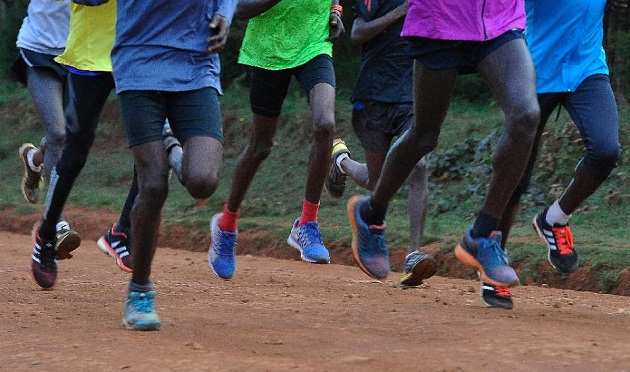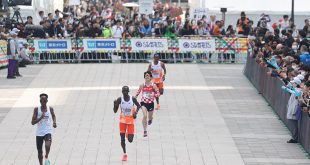
Lausanne, Switzerland | AFP |
Sports leaders are at loggerheads over how to fight the war against performance-enhancing drugs as the World Anti-Doping Agency (WADA) goes into a key reform summit this weekend.
Who should control the global doping watchdog? What powers should it have? Who should pay? A welter of questions have been raised as the Olympic movement and sports federations seek to redeem their names after the Russia doping scandal.
The WADA Foundation will have to come up with at least the start of some solid answers after its meeting in Glasgow on Sunday. A new report on Russia is due out within weeks, which could heighten pressure to clean up sport.
International Olympic Committee president Thomas Bach last month called on WADA to set up a new independent unit to manage testing around the world. He promised more money if the reforms are carried out.
The IOC blames sports federations for letting cheating flourish and wants to eliminate their role in testing, while transferring sanction-taking to the Court of Arbitration for Sport (CAS).
CAS secretary general Matthieu Reeb told AFP that the Lausanne-based CAS was currently holding “consultations” with federations and would release a plan on its proposed new sanctioning powers, likely by January.
The IOC has also criticised WADA for failing to act quickly on doping allegations in Russia, which was accused of operating a state-sponsored scheme over several years.
But there is widespread resistance to the IOC plan outside of WADA, with powerful federations indicating they want to be exempt from the reforms.
A system for all?
The head of FIFA’s medical commission, Michel D’Hooghe, said world football’s governing body would not surrender control of its drug testing to a new entity.
“We respect the WADA and IOC proposals but they concern the smaller federations,” he said.
In contrast, Tom Dielen, who heads World Archery, said there would only be a small impact on smaller sports.
“We outsource our controls already,” he said.
While some federations have said the IOC proposals are too vague, WADA director general Olivier Niggli said that “it will be up to the IOC to convince federations to be part of (the new system), just as it will be up to the IOC to finance it one way or another”.
He later told AFP that WADA officials in Glasgow would aim to agree on a “timetable” for implementing the IOC reform, including specifics on how to move forward.
Despite tensions between WADA and the IOC, an Olympic source told AFP that the IOC was backing WADA president Craig Reedie’s re-election, guaranteeing that the 75-year-old Scot will be tapped for another three-year term at Sunday’s meeting.
But in the latest uncomfortable episode between WADA and the IOC, Reedie was forced to apologise to furious Olympic officials this week over the timing of a decision to suspend Qatar’s doping lab.
WADA revealed on Monday that the laboratory’s work would be suspended for four months — just as more than 1,000 officials descended on Doha for the annual meeting of the Association of National Olympic Committees.
“I apologise fully that this happened. It was not, I promise you, intentional,” Reedie said on Wednesday.
Paying the bills
The IOC already funds half of WADA’s $27 million (25.2 million euros) budget.
Bach said last month that if WADA leads the reform drive it would require “a substantial increase in financing”.
Financing from whom remains an open question.
One idea calls for federations, freed from their drug-testing responsibilities, to allocate their anti-doping budgets to WADA and the proposed new testing agency.
But if key federations like FIFA and the International Cycling Union opt out, it seems unlikely that contributions from minnow federations like archery and judo would be enough to support a new organisation.
One proposal was to see broadcasters contribute to the new unit, as they stand to benefit if the public sees competition as drug-free. Bach distanced himself from that idea last month.
 The Independent Uganda: You get the Truth we Pay the Price
The Independent Uganda: You get the Truth we Pay the Price

